Reuven Firestone is both rabbi and renowned Islamic scholar. A professor of medieval Jewish and Islamic studies at Hebrew Union College-Jewish Institute of Religion and senior fellow at USC’s Center for Religion and Civic Culture, Firestone’s interfaith work is not focused on reaching political common ground but on understanding shared religious experiences.
Last week, in promoting his book, “An Introduction to Islam for Jews” (Jewish Publication Society, 2008), Firestone spoke at the Jewish Community Library about Islam as a world religion, Muslim views on non-Muslims and whether Muslims and Jews will be able to live in peace in Israel. The Journal caught up with him afterward.
Jewish Journal: What is the No. 1 thing that Jews don’t understand about Islam?
Reuven Firestone: I don’t think they understand that Islam is a complex religion, comparable to Judaism, and that it can’t be reduced to simplistic slogans and notions.
JJ: How do you think the real Islam differs from the generally perceived?
RF: All the fears about Islam, the worst-case scenarios, exist. But they exist in very small numbers, and they are magnified because of our fear and anxiety. And we live in a world where, at least in the last few years, we have been trained and programmed to think the worst.
JJ: You prefaced your talk by saying that you are a committed Jew and that you don’t have an ax to grind, but that you also have ‘a tremendous respect for Islam.’
RF: Some Jews think that if anyone says something positive about Islam in public, that they are not loyal to Judaism. They see it as a zero-sum game — black and white. I usually in speaking to Jewish audiences make some kind of a statement like that. Sometimes I say, ‘Look, I’m a Zionist.’ And I say that to my Muslim friends and colleagues, as well, and sometimes it pisses them off. In many cases they don’t understand how one could be a Zionist and still be appreciative of Islam and Palestinian culture.
JJ: There are passages in the Quran and Hadith that say good things and others that say awful things about Jews. What do Muslims thinks of Jews?
RF: If you were to ask somebody what do Jews think about Christians, what kind of response would you get? Some people would say, ‘I hate Christians.’ Some would say, ‘I have nothing for or against them.’ And some would say, ‘I love Christians.’ The same is true for what Muslims think about Jews. There is no such thing as a Muslim perspective on Jews and Judaism. Having said that, there tends to be a negative perspective on Jews today, and that is associated with the conflict in the Middle East. The Quran itself says positive things about Jews and Judaism, negative things about Jews and neutral things about Jews. The people who are sort of Islamophobic only look at the negative — and there is plenty of negative in the Quran and the traditional literature. And then there are people on the left who only look at the good references to Jews in the Quran and the Hadith. The truth is, as with most matters in life, a lot more complicated. When people reduce it to simplistic answers, it makes me crazy.
JJ: You mentioned in your talk that there was ‘nothing inherently more violent or systemically damaging about Islam than Judaism and Christianity.’
RF: It’s what the interpretative layers make of it. And that is influenced by history and politics and economics and materialism. These are the things that affect the way people relate to their religious tradition.
JJ: Why do you think dialogue is important, particularly religious dialogue?
RF: When you are working on a project together, you talk to one another and you get to know one another. Even if it is kind of at a superficial level, you develop a sense of trust and camaraderie and humanism and that is what dialogue is all about. We don’t usually use the term ‘dialogue.’ We use the term ‘engagement.’ It is more than just talking.
JJ: How difficult has dialogue and Muslim-Jewish relations been in the last two months, since Israel’s war in Gaza?
RF: That has put a damper on it. When the emotions rise because of violence, that always make things difficult. It doesn’t affect me and my colleagues, because we are generally beyond that. I don’t engage in the political issues between Israel and Palestinians, but that has a religious component, as well. So I deal with it, but not as a national issue.
JJ: Do you think Jews and Muslims will be able to live peacefully together in Israel?
RF: I think so. It will take a lot of education, a lot of providing on both sides that they are not trying to destroy the other. l






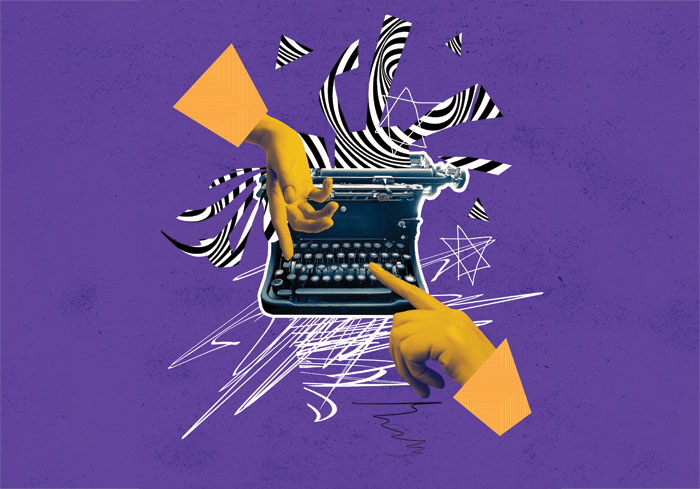
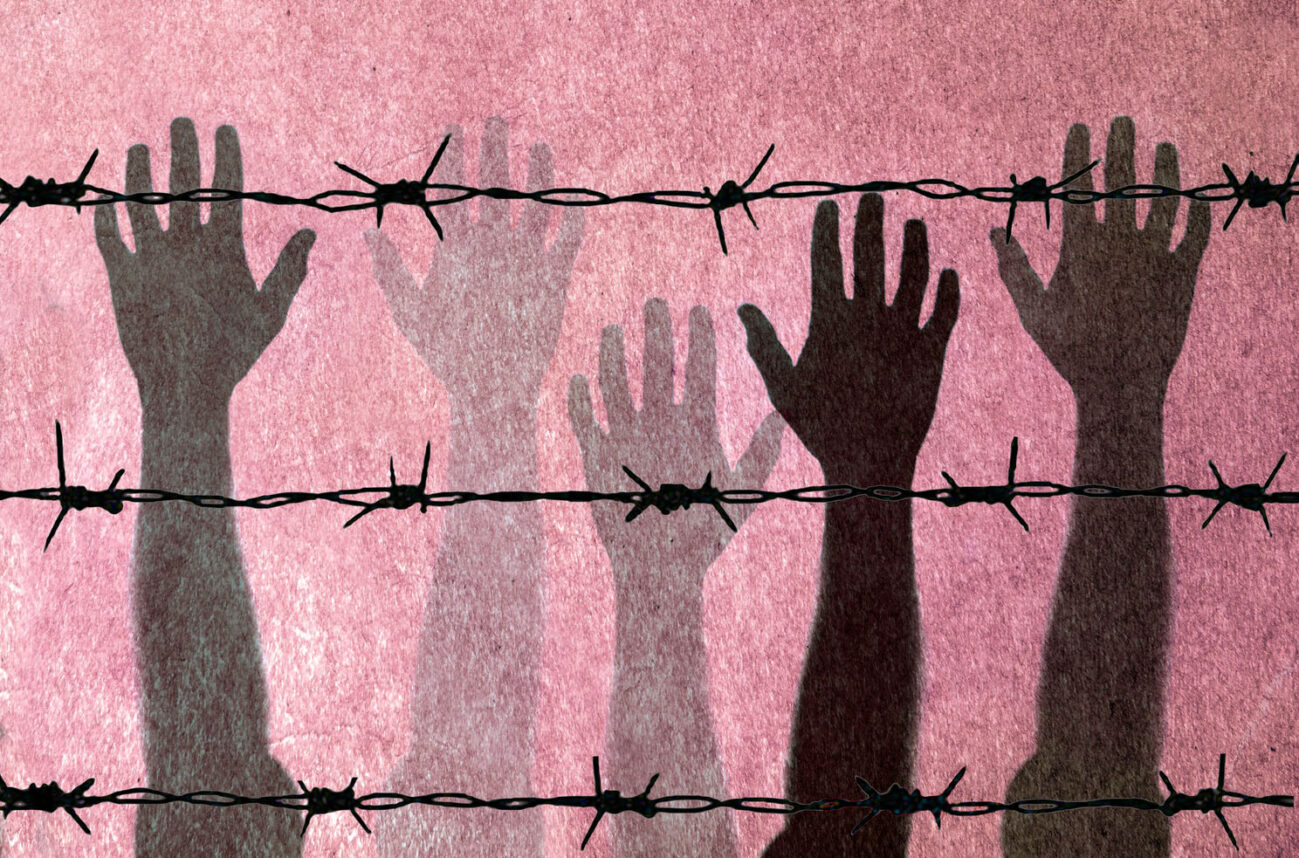
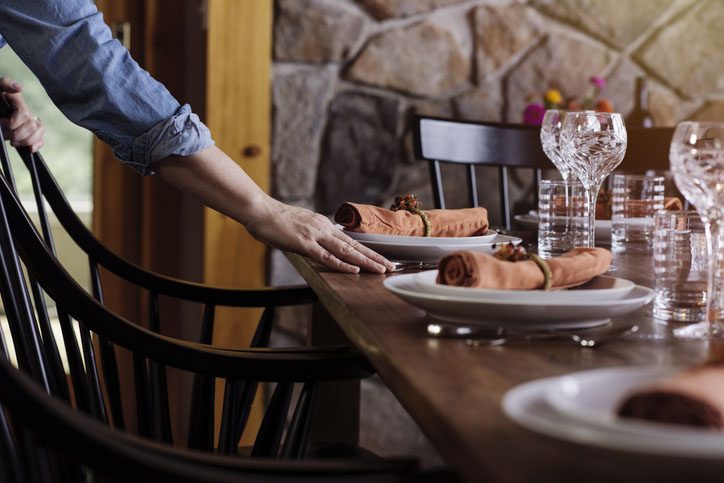
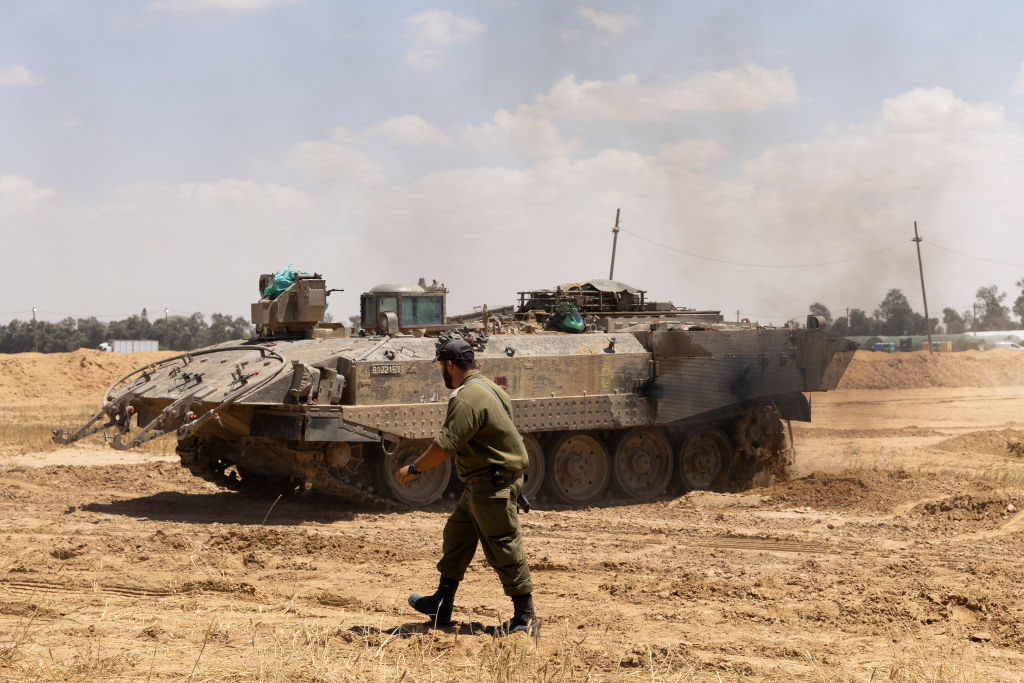
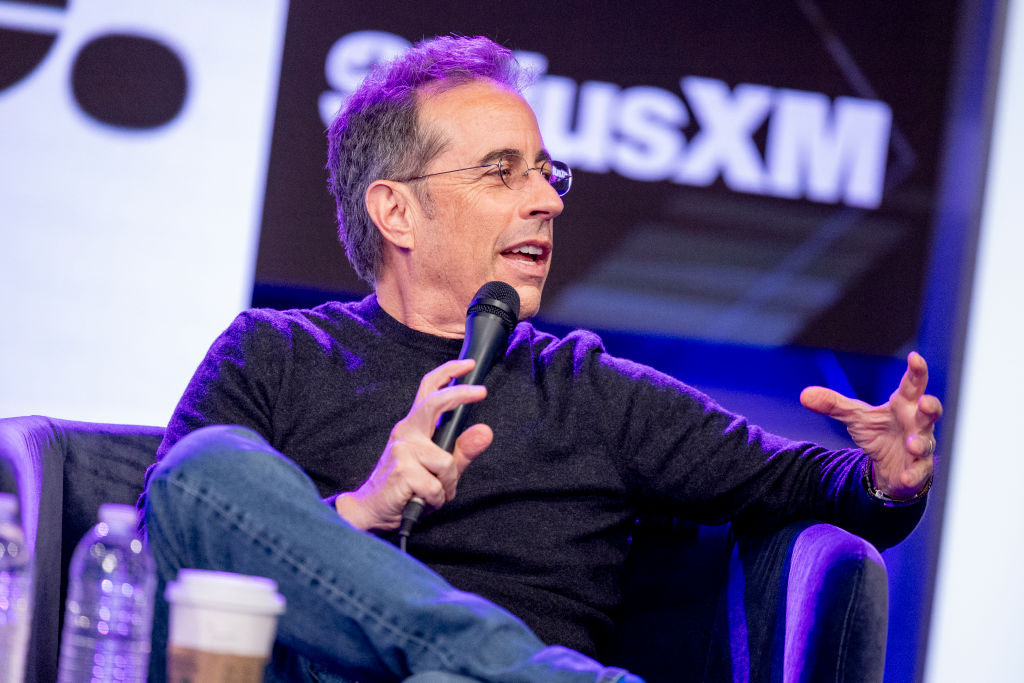


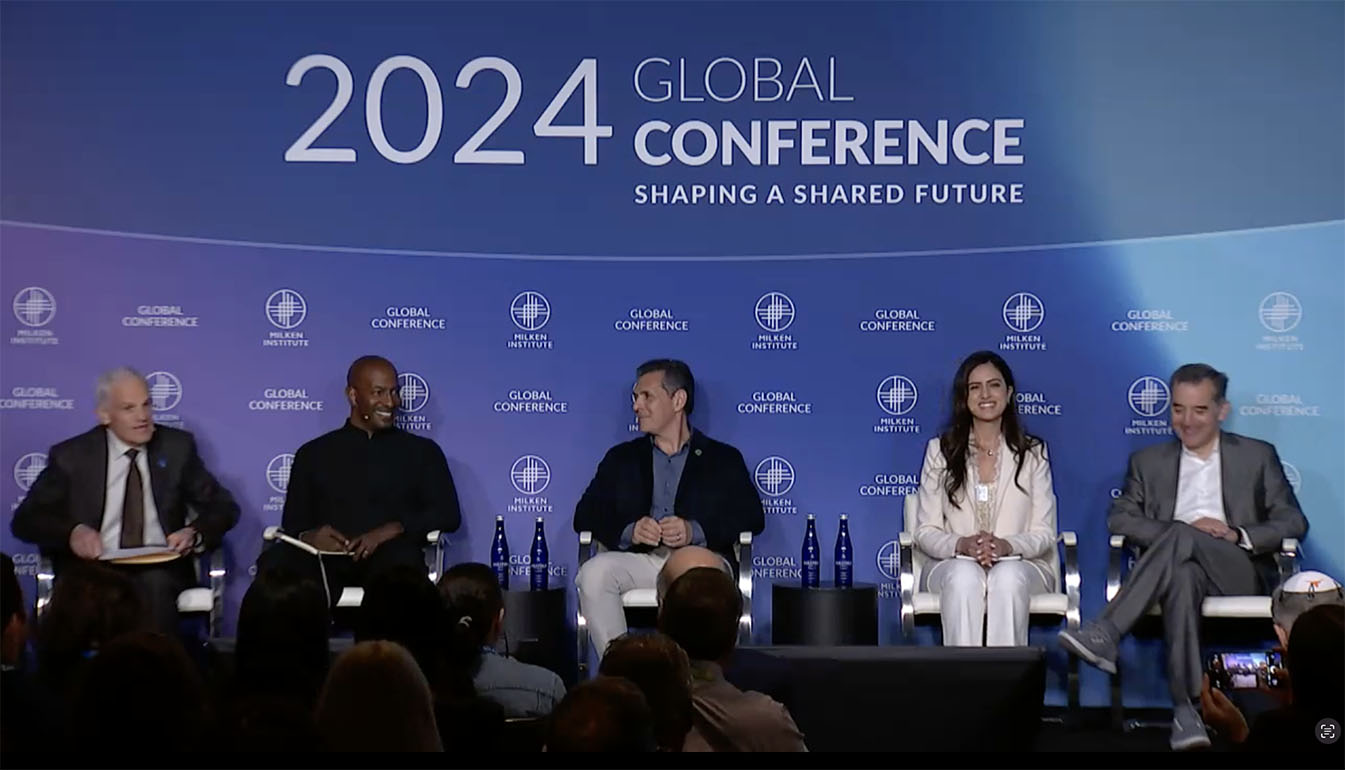
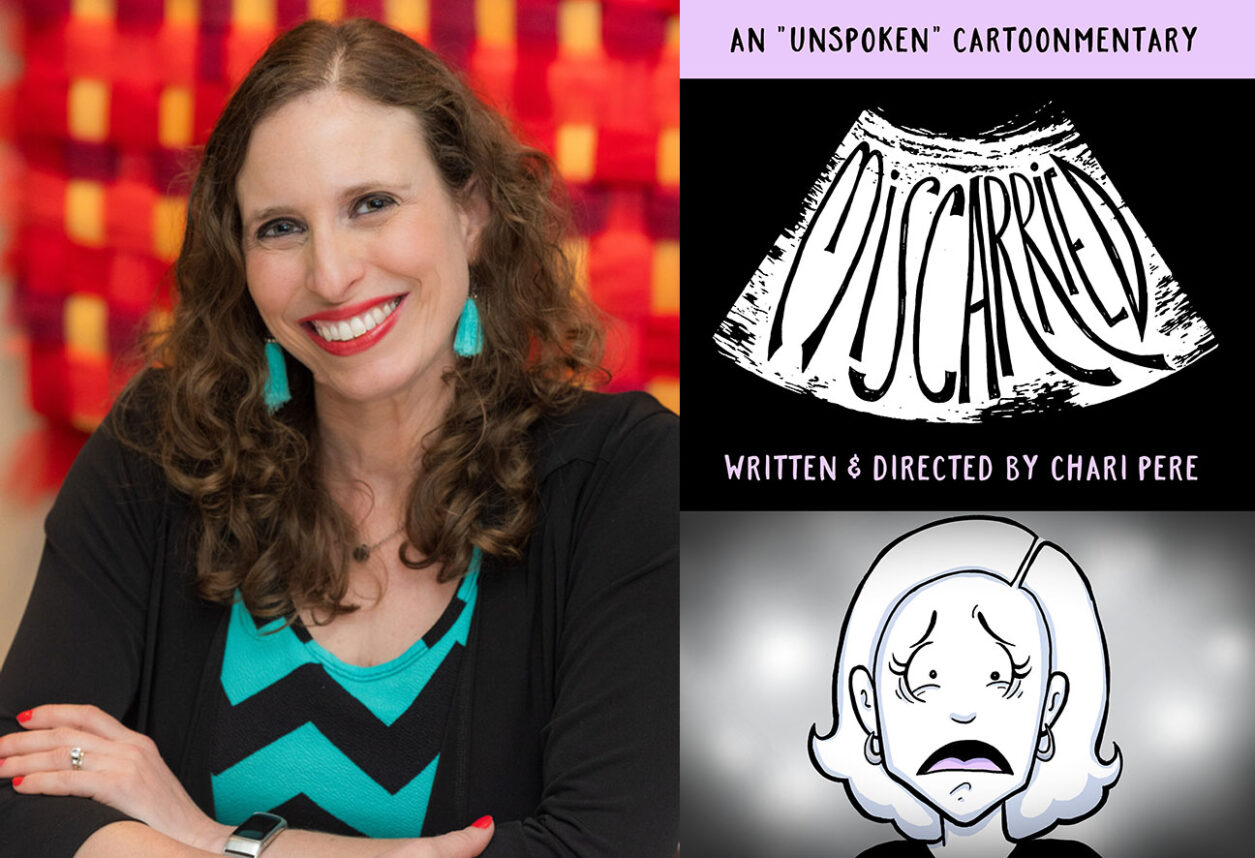







 More news and opinions than at a Shabbat dinner, right in your inbox.
More news and opinions than at a Shabbat dinner, right in your inbox.